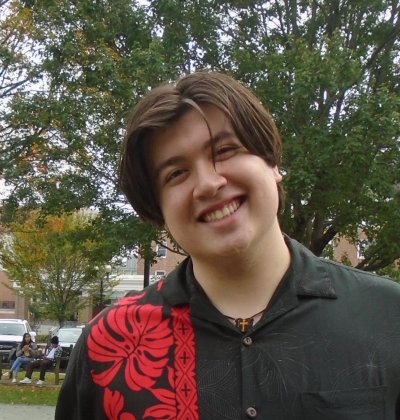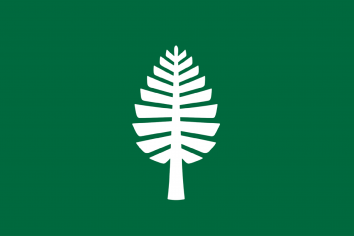
My Schedule for 20Spring!
When I left campus just a handful of weeks ago, I had no idea that I would be bidding farewell to my beloved Green for longer than spring break. I write to you from my house in sunny Myrtle Beach, South Carolina where it almost feels like I never left - this time, though, I brought Dartmouth with me.
Immediately after my friends and I heard the news about Dartmouth switching to a remote learning format for the spring, we realized that the idea of a "classroom" was quickly going to change. Now that we would be at home, the entire Dartmouth experience we were just getting used to was going to be redefined.
For spring, I actually had to change up almost all of my classes because of last-minute changes to the course structure. This term, I decided to take four classes and try some very new things. Here's my courseload and how my classes look so far.
- No. 1
Linguistics 20: Experimental Phonetics
Taught by Professor Stanford, this is a class all about language and how we make the sounds that constitute every language on earth. As part of a long-term research project, I’ll be looking at my mom’s native language of Waray with two of my friends over the course of the term. It’s not a language I know, and there’s barely any research online, which is a great example of Dartmouth allowing us to do some really novel research as part of the course curriculum. I will definitely have more to say about this as time goes on, but so far I’ve recorded my own voice to notice the tiniest details about my pronunciation that relate to human anatomy, my own accent of English (everyone has one!), and little quirks about the languages I heard growing up that influenced how I talk! As someone who’s not a STEM major, this is a perfect mix of science and culture, and I’m loving every bit.
- No. 2
Classical Studies 10.12 / Greek 30.07: The End of the World
Taught by Professor Whaley, this is a class about ancient literature, including the Bible, and the literary depiction of apocalypse. We’re looking at how history and apocalyptic texts are married, and how humanity really loves the genre of apocalyptic literature. It’s a really interesting mix of classical history, religion, and the language of ancient Greece. So far, I’ve learned the Greek alphabet and read a book of the Bible in two languages. Even though it’s virtual, class discussions are colorful, and involve every one of the dozen of us in the class — I already know a lot of my classmates by name and their voice, even though we’ve only met on Zoom. Just another part of the Dartmouth Difference.
- No. 3
Classical Studies 14: Greek History
Taught by Professor Christesen, this is a class all about the colorful history of ancient Greece. When I was younger, I loved Percy Jackson and the movie Troy. I bet a bunch of you guys have heard about 300. Even though I studied classics in high school, this is the first class I’ve had that is truly deep-diving into ancient Greece. The lectures are funny and not boring in the slightest, which is hard to believe unless you’ve had a good professor (go Dartmouth!) Even the quizzes are really engaging, and ask for us to give our own questions that are immediately answered by our professor within a few days. I will most definitely be taking more Classics classes in the future because of my experience so far, and I'm just a week in.
- No. 4
Native American Studies 85: Independent Study
If you’re an Indigenous student at Dartmouth, there’s a way for you to meet the college’s language requirement by learning your heritage language (see this post!) I planned out my own independent study for the term with my advisor Professor Reo, and I’m really excited to develop my language skills and get academic credit for it from the comfort of my own home. The Native American Studies department is incredible, and their involvement in allowing students to receive academic credit for the study of our often endangered heritage languages is a special feature that I didn't know about when I applied to Dartmouth, but couldn't be more grateful for.



















